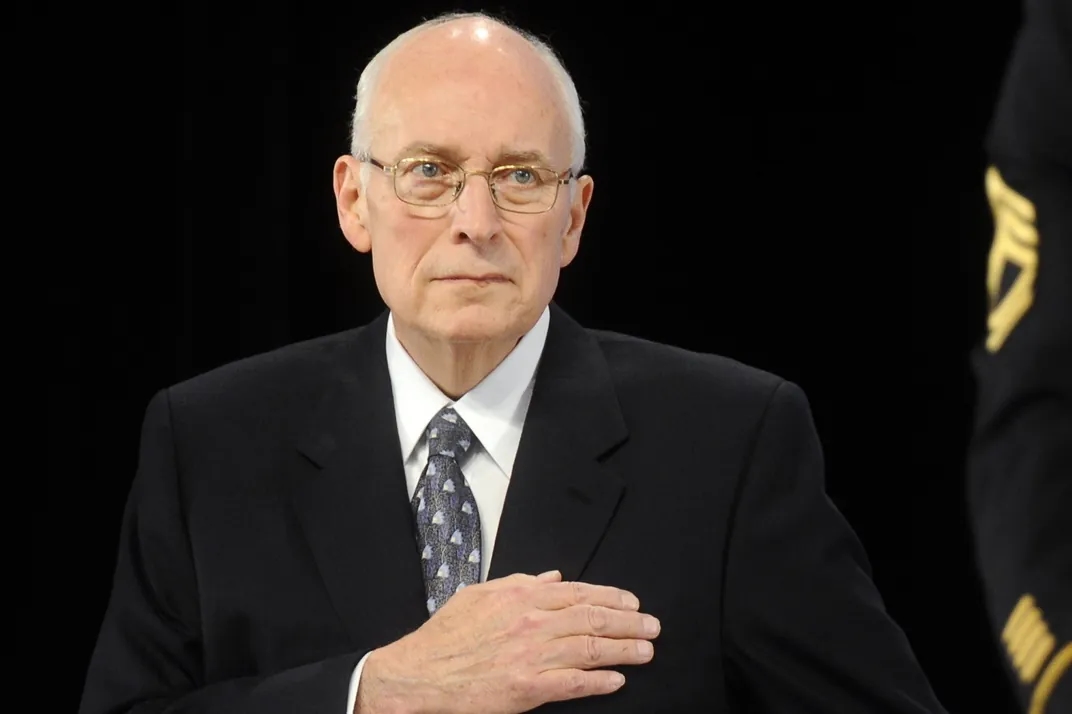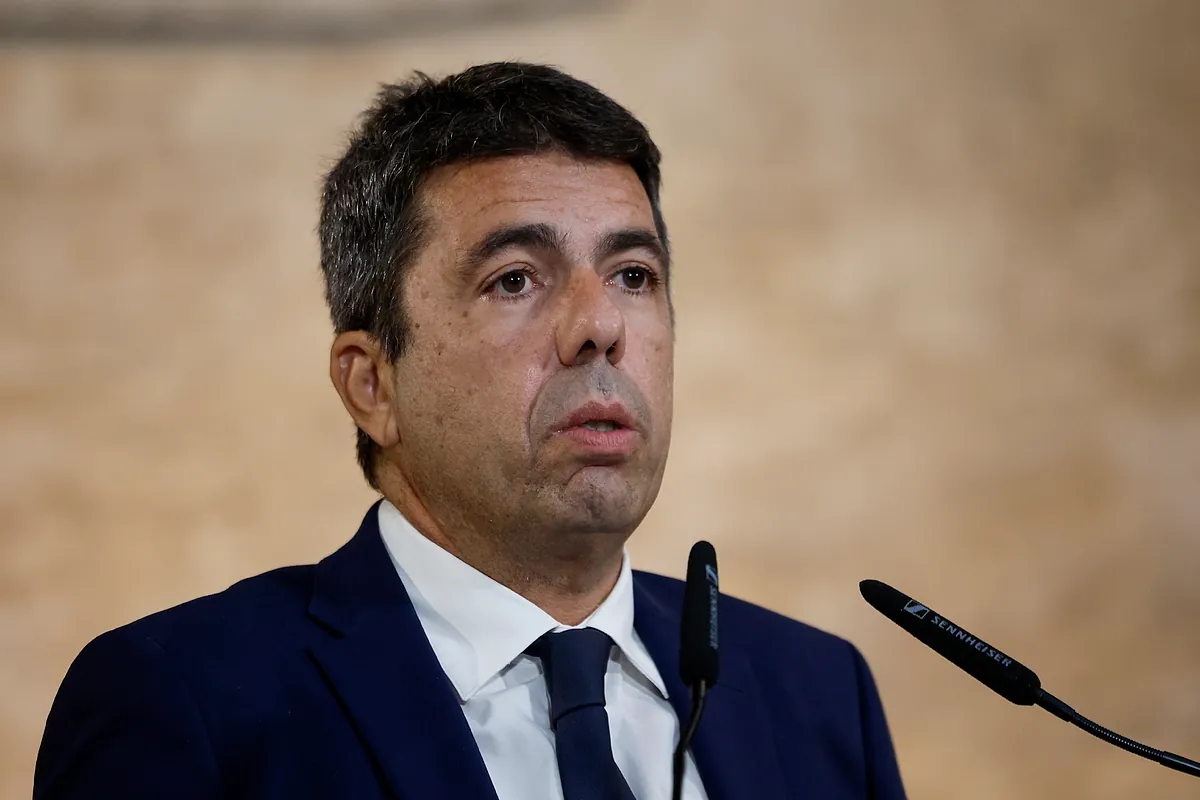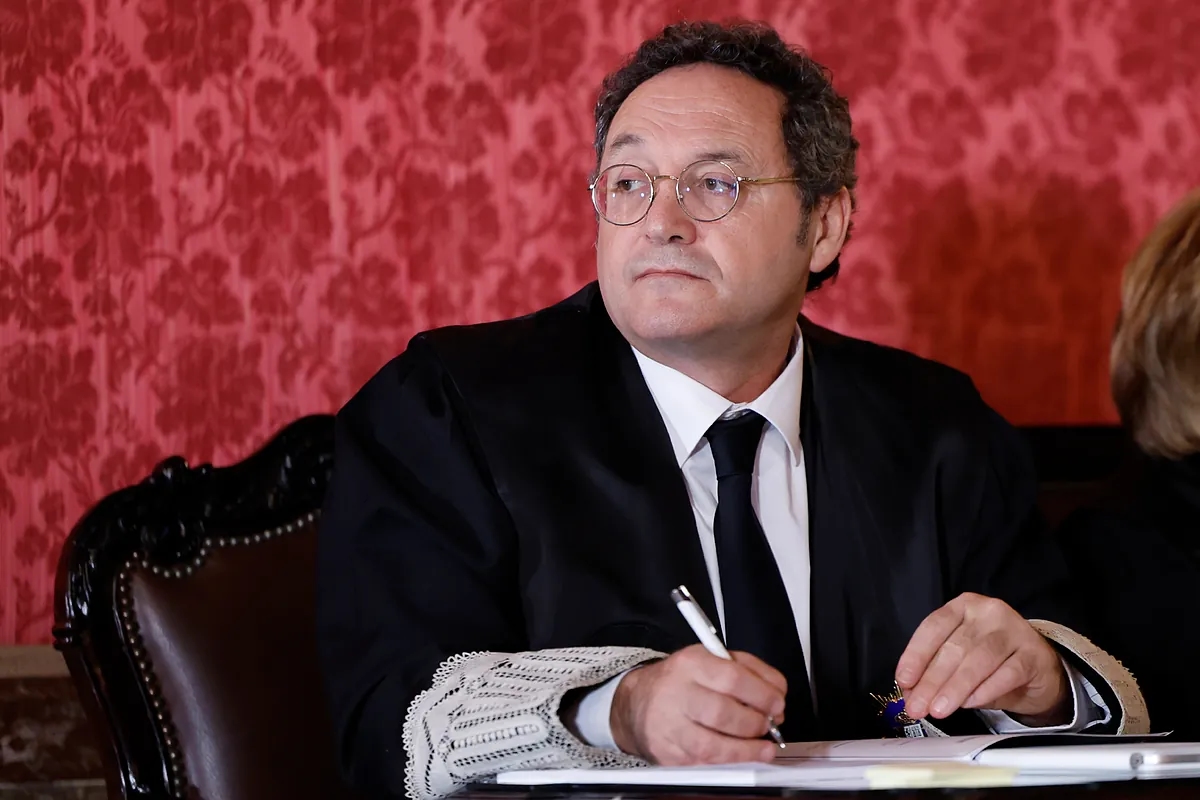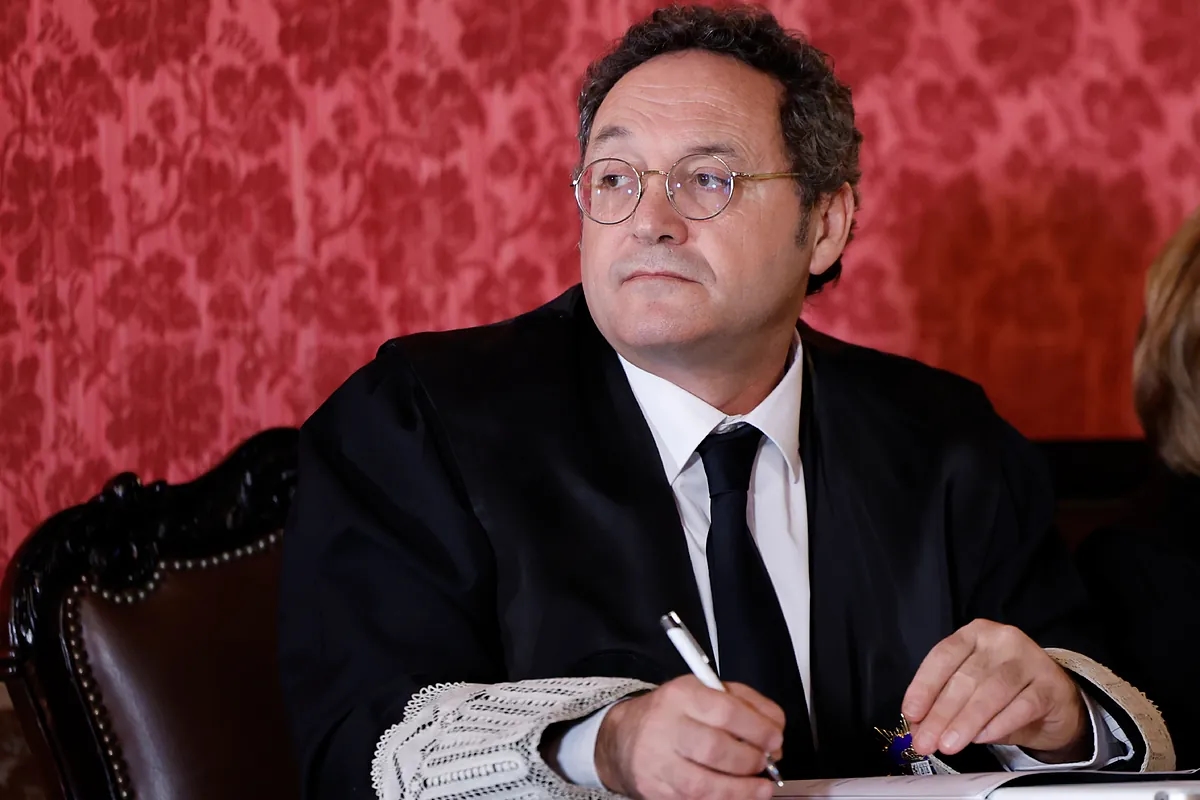Former US Vice President Dick Cheney dies at age 84

Cheney, considered one of the architects of the so-called "war on terror" and a key figure in the U.S. war against Iraq, died from complications of pneumonia and cardiovascular problems, according to the statement. He was one of the most influential and divisive vice presidents in U.S. history. He is survived by his wife and daughters, Liz and Mary.
He was born in Lincoln, Nebraska, the son of a Department of Agriculture worker. He was the senior class president and co-captain of the football team at Casper and attended Yale University on a full scholarship for a year, but left with failing grades. He returned to Wyoming, eventually enrolled at the University of Wyoming, and rekindled his high school romance with his sweetheart, Lynne Anne Vincent, whom he married in 1964.
Politics first drew Dick Cheney to Washington in 1968, when he was a congressional intern. He became a protégé of Representative Donald Rumsfeld, a Republican from Illinois, serving under him in two agencies and in Gerald Ford's White House before being promoted to chief of staff—the youngest in history—at age 34. Cheney held the position for 14 months, then returned to Casper, where he had grown up, and ran for the state's only congressional seat.
In that first race for the House, Cheney suffered a mild heart attack, leading him to joke that he was forming a group called "Heart Attackers for Cheney." Even so, he secured a decisive victory and went on to win five more terms.
In 1989, Cheney became Secretary of Defense under the first Bush president and led the Pentagon during the 1990-91 Gulf War, which expelled Iraqi troops from Kuwait . Between the two Bush administrations, Cheney headed Dallas-based Halliburton Corp., a major engineering and construction company for the oil industry.
Dick Cheney was a staunch conservative and became one of the most powerful and divisive vice presidents in U.S. history and a prominent advocate for the invasion of Iraq .
Cheney, discreet but energetic, served both President George HW Bush and his son George W. Bush, leading the armed forces as head of defense during the Persian Gulf War .
He played a role, often a dominant one, in the president's most important decisions, some of which were of paramount importance to him, all while living with heart disease— he survived five heart attacks —which led him, after retirement, to receive a heart transplant . Cheney consistently advocated for extraordinary measures in response to the terrorist attacks of September 11, 2001, reports the Associated Press.
Years after leaving office, he became a target of President Donald Trump , especially after his daughter, Liz Cheney , emerged as the leading Republican critic of Trump's desperate attempts to stay in power after his election defeat and his actions in the January 6, 2021, riot at the Capitol.
In a television ad for his daughter, Cheney stated that "in the 246-year history of our nation, there has never been an individual who posed a greater threat to our republic than Donald Trump . He tried to steal the last election by using lies and violence to stay in power after voters rejected him. He is a coward."
In a turn that Democrats of his era could never have imagined, Dick Cheney said last year that he would vote for his candidate, Kamala Harris , in the presidential election against Trump.
Cheney long thought he was "living on borrowed time" and declared in 2013 that he now woke up every morning "with a smile, grateful for the gift of another day," an image that did not fit with a public figure who always seemed to be on the barricades.
Cheney, whose vice presidency was confined to the era of terrorism , revealed that he had disabled the wireless function of his defibrillator years earlier for fear that terrorists would remotely send a fatal shock to his heart.
During his time in office, Cheney transformed the vice presidency, previously more ceremonial, into a network of secondary channels from which he influenced policy on Iraq, terrorism, presidential powers, energy, and other pillars of a conservative agenda.
With a seemingly permanent half-smile—detractors called it a "grimace" —Cheney joked about his reputation as a stealthy manipulator : "Am I the evil genius in the corner that no one sees coming out of his hole?" he asked. "It's a pretty good way to operate, actually."
He was a staunch supporter of the invasion of Iraq who became increasingly isolated as other hawks left the government and was wrong point after point in the Iraq War, without ever losing the conviction that, essentially, he was right.
He alleged links between the 2001 attacks on the United States and pre-war Iraq that did not exist, and assured that American troops would be welcomed as liberators, which ultimately never happened. He also declared that the Iraqi insurgency was in its final stages in May 2005, when 1,661 American service members had been killed—not even half the total by the end of the war. For his defenders, Cheney maintained his faith in a turbulent time, even as the United States turned against the war and the leaders who waged it.
But well into Bush's second term, Cheney's influence waned, cornered by the courts and shifting political trends. The courts ruled against his efforts to expand presidential authority and treat terrorism suspects with particular severity. His hawkish stances on Iran and North Korea were not fully adopted by Bush.
Cheney operated largely from undisclosed locations in the months following the 2001 attacks , separate from Bush to ensure that either of them would survive any subsequent attacks on the nation's leadership. With Bush out of town on that fateful day, Cheney was a constant presence at the White House, at least until Secret Service agents carried him away —a scene the vice president later described with comic effect.
Loyalty and secrecyFrom the beginning, Cheney and Bush had a strange, unspoken pact . Setting aside any ambition he might have had to succeed Bush, Cheney was granted power comparable in some respects to that of the presidency itself .
Dave Gribbin, a friend who grew up with Cheney in Casper, Wyoming, and worked with him in Washington, once said: "He's built in a way that makes him the ultimate Type Two. He's genetically low-key. He's remarkably loyal ."
Cheney himself said it this way: "I assumed the vice presidency when I joined the president with the conviction that the only agenda I would have would be his agenda, and I told myself that I was not going to be like most vice presidents, speculating about how I was going to get elected president when his term ended."
His penchant for secrecy and behind-the-scenes maneuvering came at a price. He came to be seen as a sensitive Machiavelli orchestrating a failed response to criticism of the Iraq War. And when he accidentally shot a hunting companion in 2006, wounding him in the torso, neck, and face, it took him a long time to make it public. The vice president said it was "one of the worst days of my life." The victim, his friend Harry Whittington, recovered and quickly forgave him.
When Bush began his presidential bid, he sought the help of Cheney, a Washington insider who had retired to the oil business. Cheney led the team to find a vice-presidential candidate, but ultimately Bush decided that he was the best choice.
Together they faced a protracted post-election battle in 2000 before they could claim victory, legal challenges following a storm that brewed from Florida to the nation's highest court and left the nation in limbo for weeks; he helped resolve disputes between departments vying for a larger share of Bush's limited budget and ran the Capitol to the point of being regarded as the true number one in Washington.
Bush didn't seem to care and even joked about it, but later he took matters into his own hands, and Cheney retired to Jackson Hole, not far from where Liz Cheney bought a house a few years later, establishing residency in Wyoming before winning her old House seat back in 2016. The fates of father and daughter became intertwined, as the Cheney family became a favorite target of Trump .
Dick Cheney joined his daughter's defense in 2022 while she was leading the committee investigating the January 6th storming of the capitol in her bid for reelection in the conservative state of Wyoming. Liz Cheney's vote to impeach Trump after the uprising earned her praise from many Democrats and political observers outside of Congress.
But those accolades and his father's support did not prevent him from losing spectacularly in the Republican primaries, a dramatic fall after his rapid rise to the number three spot in the Republican House leadership.
Expansion




